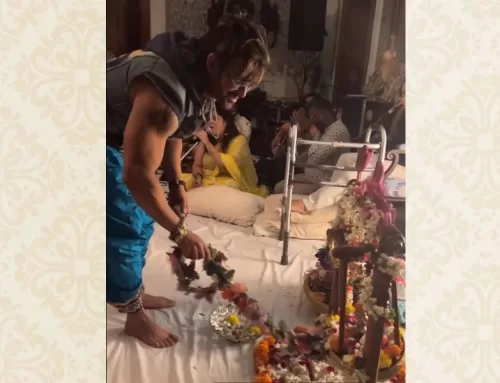We all must have heard and even used the term “Tata – Birla” in our daily conversations. This word pair is used often in colloquial India.
The Tatas and Birlas were regarded for many years as the epitome of enormous wealth in India. The Tata-Birla term is combined frequently in sentences. For a while, the Dalmias (Dalmia-Sahu Jain group) came in second place, but the Tatas and Birlas have managed to maintain their position as two of India’s most well-known industrialists while others have lost ground (for data from 1939 to 1997, see).
A group of businessmen created a plan for the development of India, which was coined the Tata-Birla plan, often known as the Bombay plan, for India’s growth in 1944. This plan is credited with serving as the blueprint for India’s first five-year plan.
In an interview with Rubina Khan, Yash Birla discussed this term being used around him. He says, “So you know even a lot of movies till now use this term and a lot of people make statements using the Tata-Birla term and when I’m in the audience a lot of people turn around and look at me when this comes and smile at me.”
These two families were the first families who took industrialization to a particular level. They were very intricately involved with the political people in the freedom fighting era and then, of course materially successful. This resonates with success, tradition, and politically well-connected families who are value-oriented. Thus, this word was formed by industrialists.
Yashhovardhan Birla, also called Yash Birla, the chairman of the Yash Birla Group,
takes great pride in being connected with the Birla name. He believes that being born in such a prestigious family is a privilege. But this privilege also comes with a huge and heavy responsibility. You have to walk in the shoes of great personalities who are lauded by the people for centuries for their contribution to society.
The Birla family is one of the most prestigious families in India. Yash Birla wants his children to follow the great legacy as well. Being a Birla is not just about wealth, even though it is a part of it, it is more about the culture, morals, and values of the forefathers. He says that he did his best to follow the values taught by his father, Shri Ashokvardhan Birla, and hopes that his kids imbibe the same and create a legacy of their own.








Leave A Comment